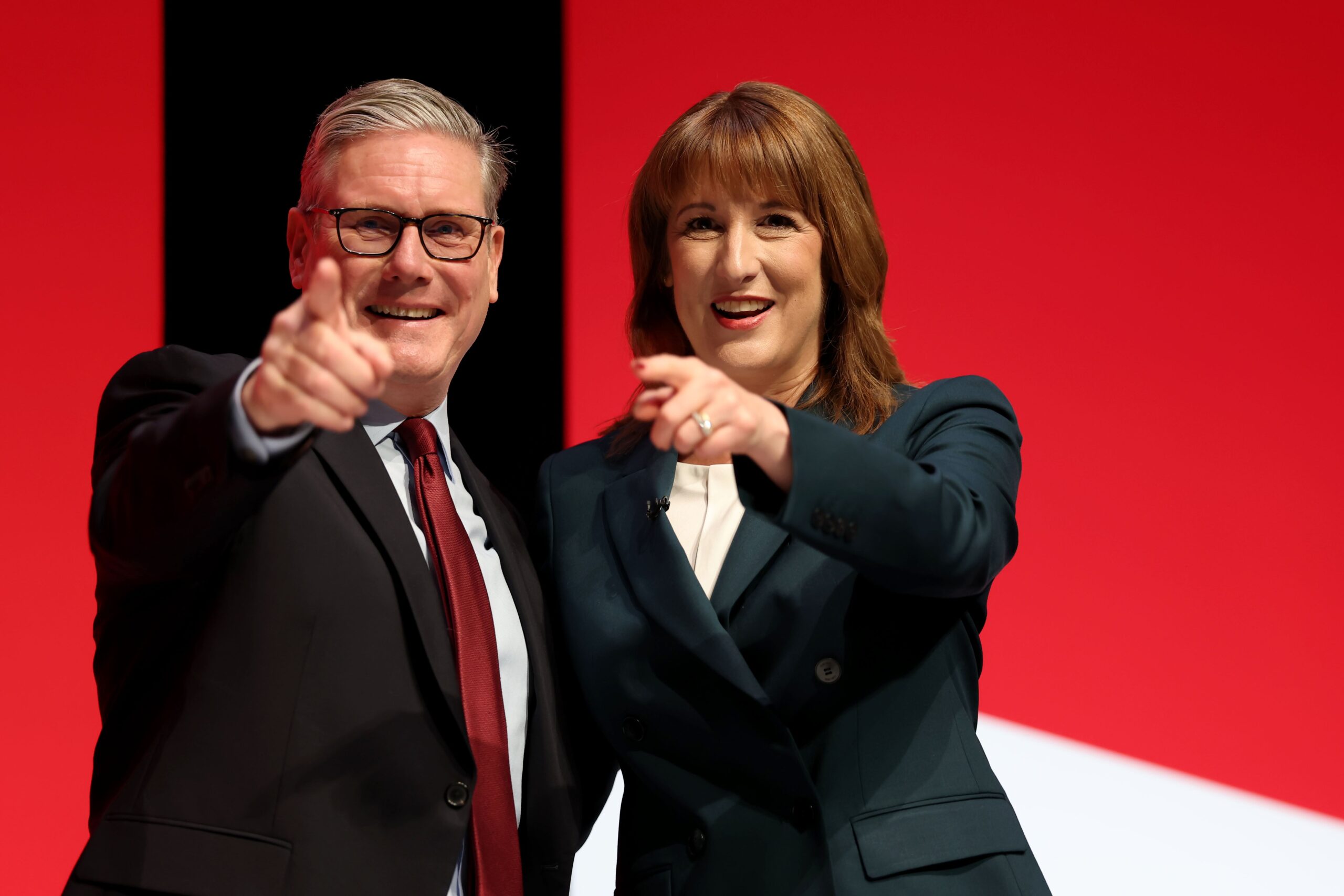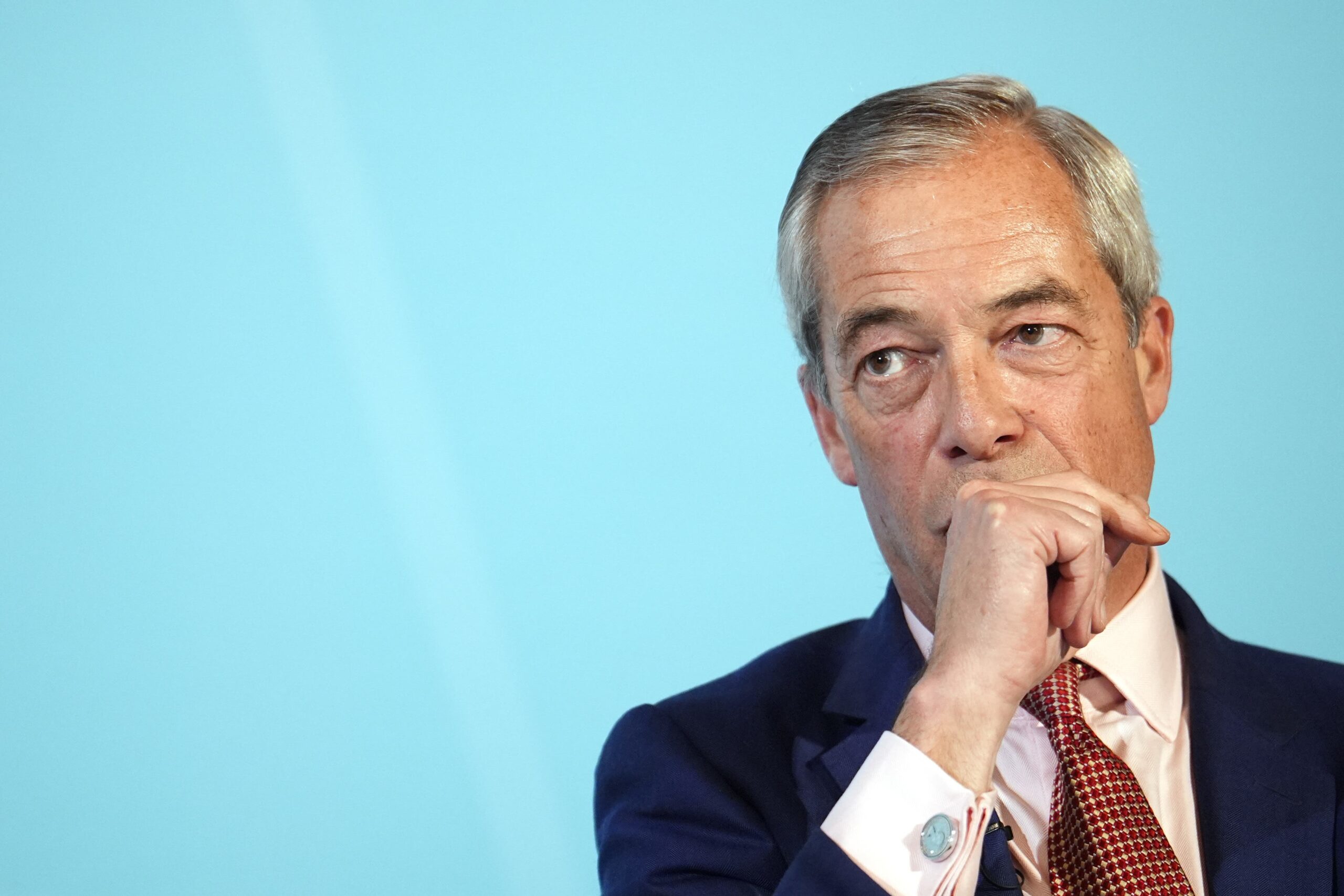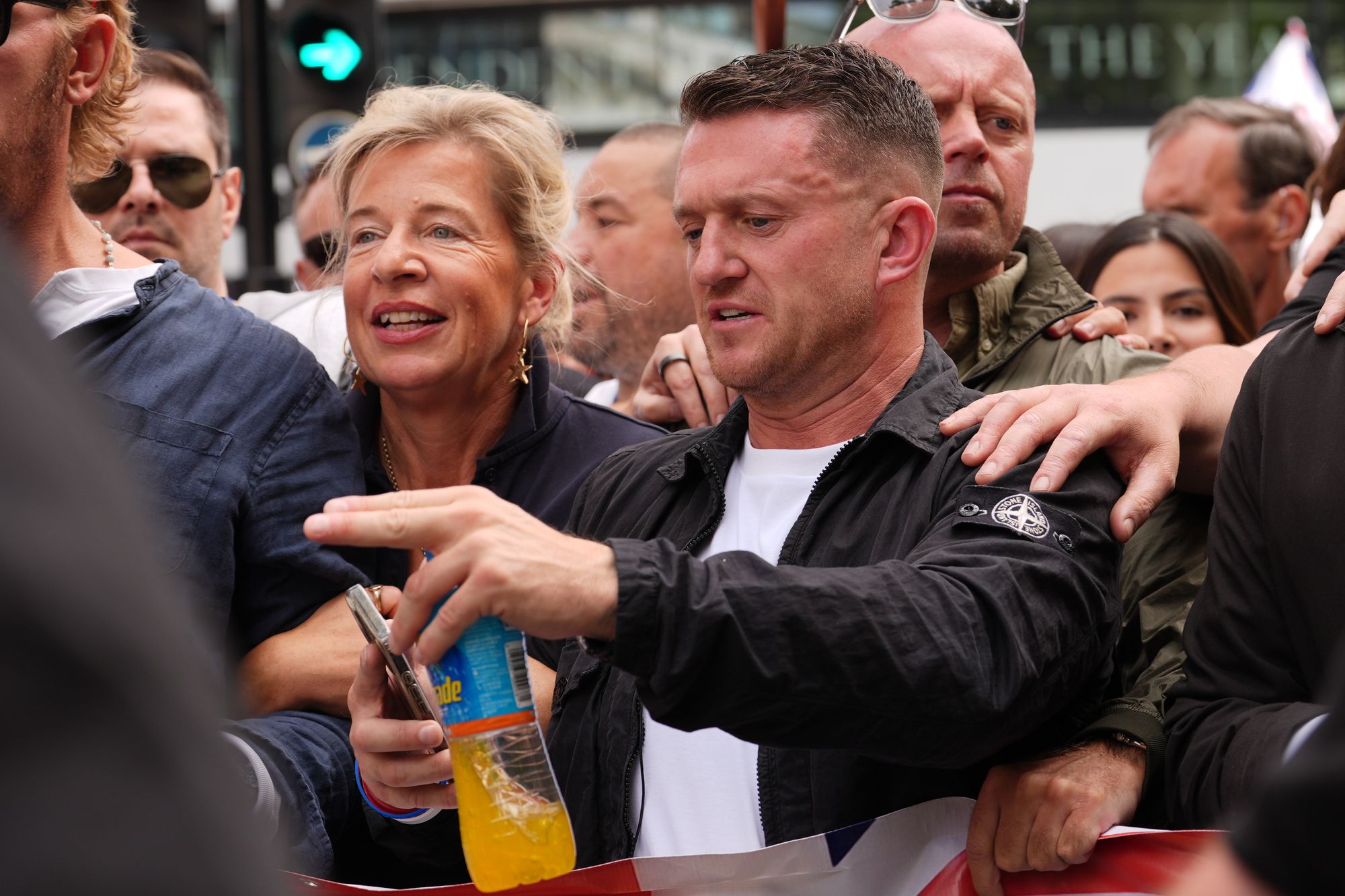Sir Keir Starmer will step up his attack on Nigel Farage by telling voters Britain faces a historic choice between his “decency” and the Reform leader’s “division”.
Just 48 hours after describing Mr Farage’s immigration policies as “racist and immoral”, Sir Keir will use his most important conference speech yet as a rallying call for Labour to fight back against Reform, which is seen by the prime minister as the government’s primary threat.
The prime minister, whose party is trailing around 10 points behind Reform in the polls, will tell the conference in Liverpool: “We can all see our country faces a choice, a defining choice. Britain stands at a fork in the road.
“We can choose decency. Or we can choose division. Renewal or decline.
“A country, proud of its values, in control of its future, or one that succumbs, against the grain of our history, to the politics of grievance.”

It comes after Rachel Reeves used her keynote conference address to warn that Mr Farage’s agenda was the “single greatest threat” to Britain. Home secretary Shabana Mahmood also described Reform UK’s immigration policy to scrap indefinite leave to remain as “worse than racist”.
Sir Keir’s speech will be made at a challenging moment for the PM, who wants to prove he is the right man for the job amid speculation about a challenge from Greater Manchester mayor Andy Burnham.
He is said to have been spurred on to tackle the toxic anti-immigration rhetoric after seeing the number of people who turned out to support far-right activist Tommy Robinson’s Unite the Kingdom march in London earlier this month.
Significant moments during the second day of Labour’s annual conference included:
- Ms Reeves used her speech to say Labour was still on the side of the working class, but warned she is facing “harsh global headwinds” as she hinted at further tax rises to come in the Budget
- Deputy prime minister David Lammy tried to unite the party on the thorny Gaza issue over the decision to recognise a Palestinian State
- Ms Mahmood made her first conference address as home secretary, and she confirmed a plan to put tougher measures for those seeking British citizenship
- Mr Burnham said “you would have to wrench” him out of the northwest but left the door open for a future leadership bid, refusing to rule out the prospect of leaving his mayoralty before the end of the term in 2028
Sir Keir has already ramped up his attacks on Mr Farage and his party and will show no sign of slowing with his speech, presenting the future as a choice between his Labour government and Farage’s Reform and describing the country as standing “at a fork in the road”.
He will say: “It is a test. A fight for the soul of our country, every bit as big as rebuilding Britain after the war, and we must all rise to this challenge.”
In an optimistic note that he can be a unifier to Farage’s divider, he is expected to say: “No matter how many people tell me it can’t be done, I believe Britain can come together.
“We can pursue a shared destination. We can unite around a common good. That’s my ambition, the purpose of this government. End decline, reform our public services, grow our economy from the grassroots.”

For the first time since winning power in July last year, he will also offer a hopeful vision, with a destination for his party to aim at.
“At the end of this hard road, there will be a new country, a fairer country, a land of dignity and respect. Everyone seen, everyone valued, wealth creation in every single community, working people in control of their public services, the mindless bureaucracy that chokes enterprise, removed – so we can build and keep on building.”
He will be hoping for a similar reception to the one received by his buoyant chancellor when she spoke on Monday.
Ms Reeves took on Mr Farage’s claim that Labour and the Tories are part of the “uni party” and are all the same.

“Don’t ever let anyone tell you that there’s no difference between a Conservative government and a Labour government,” she repeatedly warned.
Ms Mahmood, meanwhile, challenged Reform’s narrow, nationalistic definition of patriotism.
She said: “I am a patriot, proudly so. Mine is the patriotism of George Orwell. Pride in a country that is forever changing, while also, ineffably, always the same.”
Ministers, though, have warned that if Ms Reeves and Sir Keir cannot sort out the economy, then “we are toast”, with the door wide open for Mr Farage to step through into Downing Street.
Privately, ministers have also not hidden the fact that there are divisions on how to deal with Reform and to persuade people that Labour is delivering.
But ministers are united over Sir Keir’s decision to take on both the far right and Mr Farage’s “racist” rhetoric head-on.
The change of approach is a result of the panic felt in government circles, especially Downing Street, over Robinson’s Unite the Kingdom march.
The march in Whitehall and surrounding streets, which amplified racism and anti-Muslim conspiracy theories, was estimated by police to have attracted around 150,000 people.
Far-right activist Robinson, whose real name is Stephen Yaxley-Lennon, told his followers in a video posted to X, formerly Twitter, that “the spark has started, the revolution is on”, while tech billionaire Elon Musk told the rally that “massive uncontrolled migration” was contributing to the “destruction of Britain”.
While Mr Farage was not involved in the march and did not endorse it, the shocking event was then followed by the Reform leader announcing policies to deport legal migrants and remove their benefits.
A cabinet minister said: “I think Keir was fed up of always being on the defensive and needed to go on the offensive.”
“It was disgusting,” a source close to the PM said. “Illegal migrants is one issue, but it is clear that Reform is coming after our friends, families, neighbours. How can you say that sort of thing to someone who has worked in the NHS for 10 years as a nurse? A line has been crossed [by Farage].”
